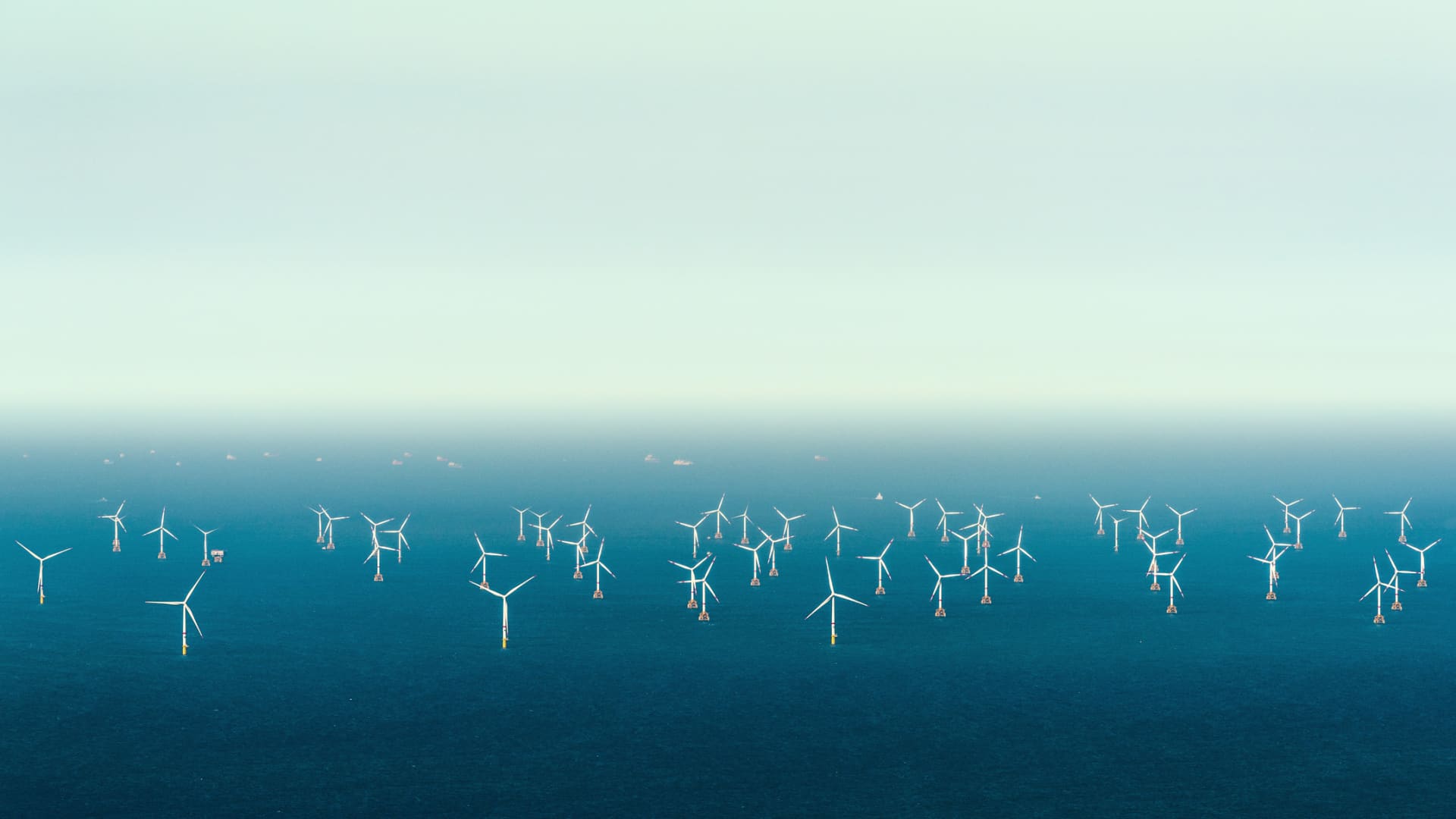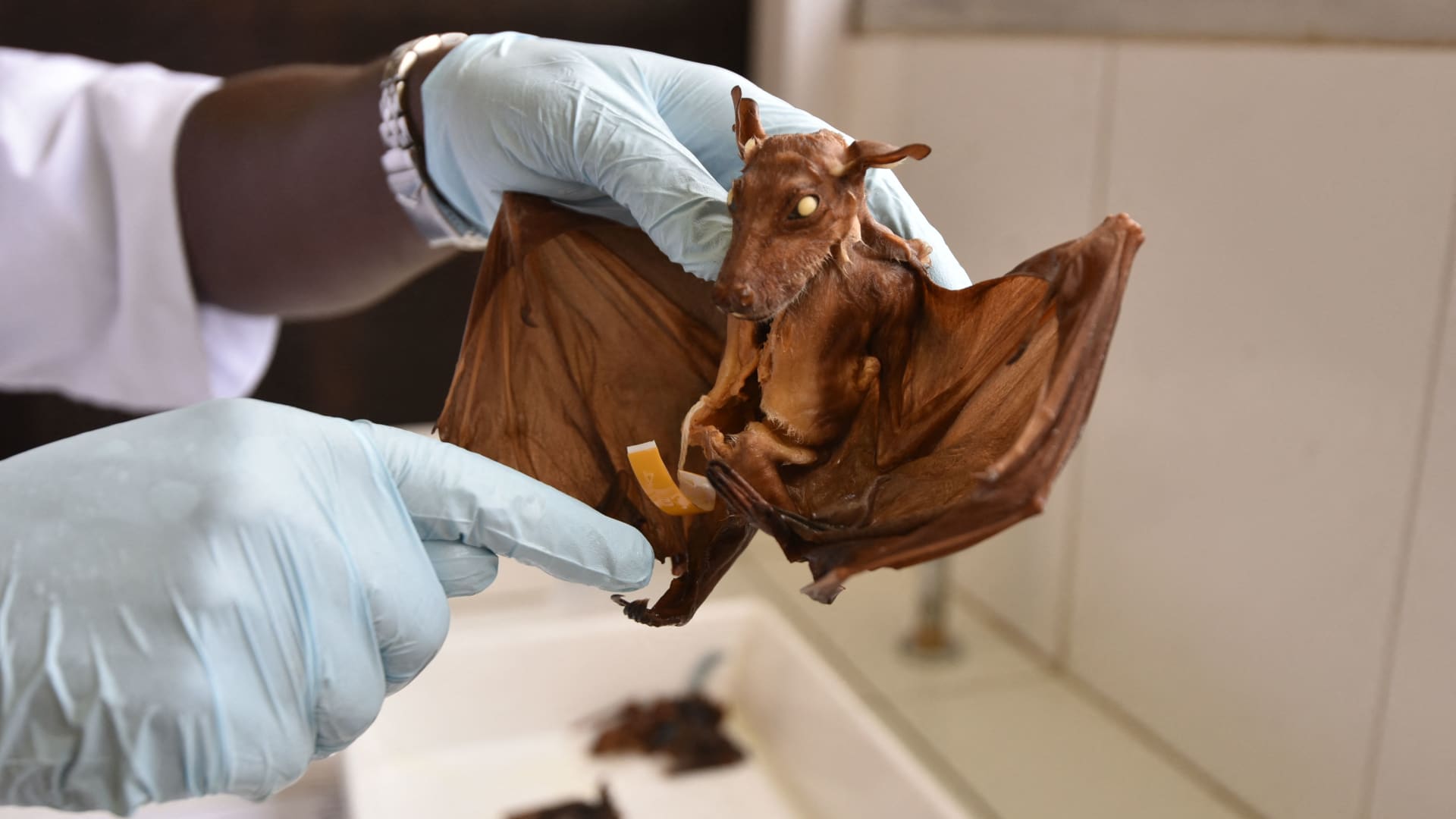Dutch claim international first as North Sea offshore wind farms powered down to protect migratory birds
The shutdown lasted four hours and is part of a pilot project.

Wind turbines in the North Sea, off the coast of the Netherlands. As more wind farms are developed, the interaction between turbines and birds will become an increasingly important issue.
Mischa Keijser | Image Source | Getty Images
Offshore wind farms in the North Sea were recently "shut down" in a bid to protect migratory birds and provide them with safe passage, in a move described as an "international first" by a Dutch minister.
Offshore wind farms close to Borssele and Egmond aan Zee were powered down to a maximum of just two rotations per minute on May 13, according to Dutch authorities. The four-hour shutdown is part of a pilot initiative.
"This is an international first, nowhere in the world are wind farms at sea shut down to protect birds during massive bird migration," Rob Jetten, the Netherlands' minister for climate and energy policy, said in a Google-translated statement issued on Monday.
"We want to keep the impact of wind farms on nature as small as possible and we do this with this measure, among other things," Jetten added.
Read more about energy from CNBC Pro
In the same release, the Dutch government said it expected wind farms to be "shut down more often" from this autumn onwards, in order to provide safe passage for migratory birds flying over the North Sea.
The initiative uses a number of tools to determine when turbine output should be reduced, including a model developed by a University of Amsterdam PhD student and inputs from experts in bird migration. Both provide predictions about when and where birds will be, two days in advance.
"The time span of two days gives grid operator TenneT time to guarantee the stability of the high-voltage grid," authorities said. "This time is also used to inform all parties involved and to carefully initiate the shutdown of the turbines."
The news represents the latest example of how the interaction between wind turbines and wildlife will become increasingly important in the years ahead.
Earlier this year, it was announced that plans for an onshore wind farm in Scotland had been revised, following a number of concerns that included the project's impact on golden eagles.
Brussels-based industry body WindEurope says the effects of projects can be prevented "by adequately planning, siting, and designing wind farms."
"The impact of wind farms on birds and bats is extremely low compared to the impact of climate change and other human activity," it adds.

 Troov
Troov 































